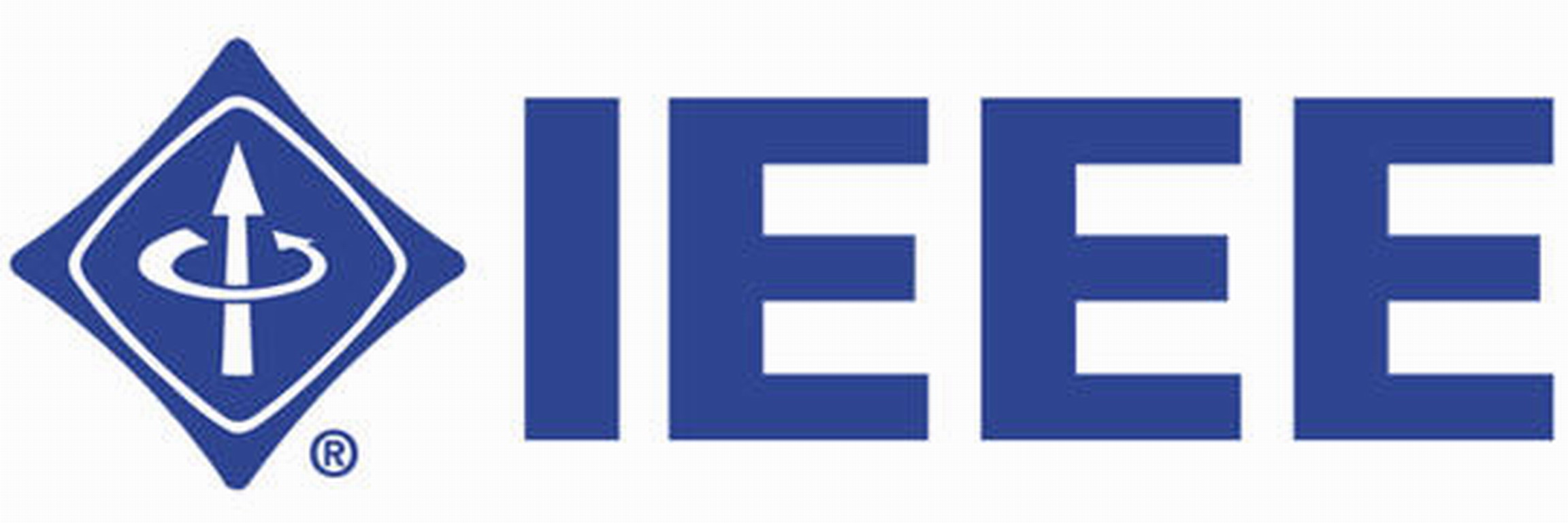With the development of Artificial Intelligence (AI) technology, many AI-enabled algorithms have deeply changed our daily lives. Reinforcement Learning (RL) algorithms are intensively studied in recent years especially on advocated game domains. There are several highlights of the numerous studies of RL in various game domains presented in the very recent years. However, there are also other research works shown that the RL can be applied on many other research topics. Thus, we held this symposium on drawing a larger perpsective on what we have learned from studying RL.
The conference proceedings will be published by IEEE xplore to be indexed by EI Compendex, Web of Science, and Scopus.
Call for Papers
Artificial Intelligence (AI) has been developing rapidly and shown us a great potential in the past decades. Today, many AI-enabled algorithms have deeply changed our daily lives. However, it is well known that novel privacy issues are still remaining in the AI systems. Moreover, such privacy issues still exist when applying AI to real-world scenarios. To investigate such issues in AI systems, we held this congress on drawing a larger perpsective on the state-of-the-art research on the privacy issues in AI systems.
IEEE ICAPP 2022 aims to collect recent academic achievements in novel techniques, developments, empirical studies, and new developments in AI privacy research. Innovative applications to protect the privacy issues in AI are highly encouraged. The objective of IEEE ICAPP 2022 is to provide a forum for scientists, engineers, and researchers to discuss and exchange their new ideas, novel results, work in progress and experience on all aspects of AI privacy research. Topics of particular interest include, but are not limited to:
- Privacy of AI techniques
- Novel algorithms and applications related to AI privacy
- Other machine learning algorithms and applications
- Adversarial examples of deep neural network systems
- Backdoor attack and defense of AI systems
- Privacy on federated learning systems
Submission
Submissions should include abstract, 5-10 keywords, and the e-mail address of the corresponding author and be in PDF format. Each submission should be in the IEEE 8.5 x 11 inches two-column format with 10-12 point font (Template: DOC or LaTeX), including tables, figures, and references.
Organization Commitees
- General Chair
- Meikang Qiu, Texas A&M University, USA
- Program Chair
- Cheng Zhang, Waseda University, Japan
- Technical Program Committee
- Weipeng Cao, Shenzhen University, China
- Petr Matousek, Brno University of Technology, Czechia
- Xiaofu He, Columbia University Medical Center, USA
- Qiang Wang, Southern University of Science and Technology, China
- Peng Gou, DNVGL Software, Norway
- Yongxin Zhu, Shanghai Jiaotong University, China
- Han Qiu, Telecom Paris, France
- Junjie Peng, Shanghai University, China
- Denis Trystram, Grenoble university, France
- Guangjie Han, Beihang University, China
Contact
If you have any questions or queries on ICAPP 2022, please contact us via an email.
Email: han.qiu@telecom-paristech.fr
********************************************************************************************************************
IEEE Computer Society Open Conference Statement
Equity, Diversity, and Inclusion are central to the goals of the IEEE Computer Society and all of its conferences. Equity at its heart is about removing barriers, biases, and obstacles that impede equal access and opportunity to succeed. Diversity is fundamentally about valuing human differences and recognizing diverse talents. Inclusion is the active engagement of Diversity and Equity.
A goal of the IEEE Computer Society is to foster an environment in which all individuals are entitled to participate in any IEEE Computer Society activity free of discrimination. For this reason, the IEEE Computer Society is firmly committed to team compositions in all sponsored activities, including but not limited to, technical committees, steering committees, conference organizations, standards committees, and ad hoc committees that display Equity, Diversity, and Inclusion.
IEEE Computer Society meetings, conferences and workshops must provide a welcoming, open and safe environment, that embraces the value of every person, regardless of race, color, sex, sexual orientation, gender identity or expression, age, marital status, religion, national origin, ancestry, or disability. All individuals are entitled to participate in any IEEE Computer Society activity free of discrimination, including harassment based on any of the above factors.
IEEE Event Conduct and Safety Statement
IEEE believes that science, technology, and engineering are fundamental human activities, for which openness, international collaboration, and the free flow of talent and ideas are essential. Its meetings, conferences, and other events seek to enable engaging, thought provoking conversations that support IEEE’s core mission of advancing technology for humanity. Accordingly, IEEE is committed to providing a safe, productive, and welcoming environment to all participants, including staff and vendors, at IEEE-related events.
IEEE has no tolerance for discrimination, harassment, or bullying in any form at IEEE- related events. All participants have the right to pursue shared interests without harassment or discrimination in an environment that supports diversity and inclusion. Participants are expected to adhere to these principles and respect the rights of others. IEEE seeks to provide a secure environment at its events. Participants should report any behavior inconsistent with the principles outlined here, to on site staff, security or venue personnel, or to eventconduct@ieee.org.

